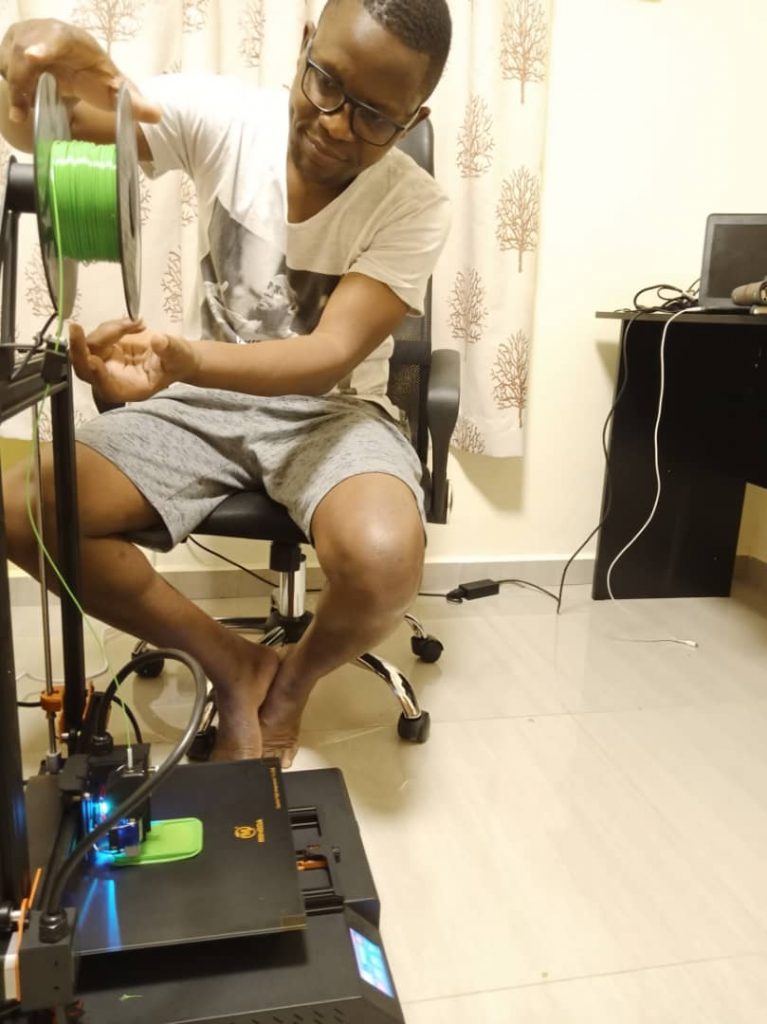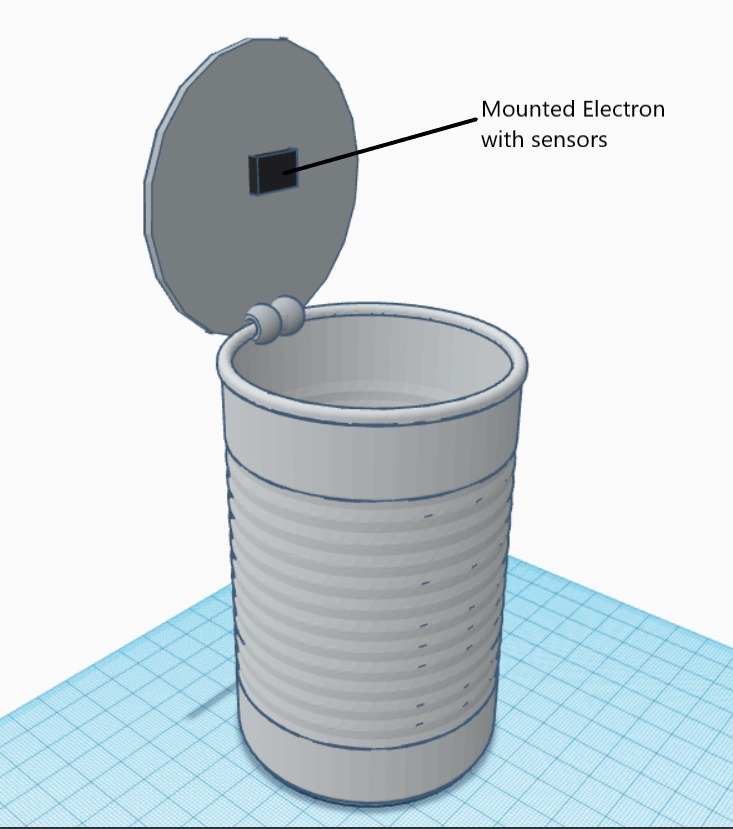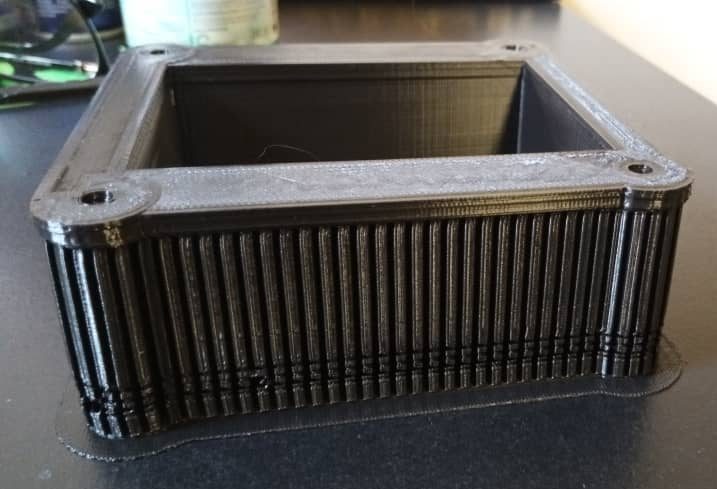Five questions with Dr. Chomora Mikeka, Greening the Internet Research Programme Grantee
Associate Professor Chomora Mikeka is the Director of Science, Technology and Innovation (DSTI) in the Ministry of Education of Malawi Government, and former Dean of the Faculty of Science at the University of Malawi. His PhD research was about power autonomous sensor radio based on cellular and digital TV RF energy harvesting. He is a 2021 awardee of our Research Grant Programme that examines the impact of the Internet on the environment.

When did you know you wanted to study Science? What sparked that passion in you?
It was in 1983, when I had just turned 5 years old. My curiosity about the audible voices from unseen beings in my father’s radio led me to break the radio in search of the voice and that launched me into radio science and engineering. In 1989, at 11 years of age, I successfully made my own AM and Short-Wave (SW) radio that never used a battery (i.e. battery-less) since as a child, to find disposable income for batteries was unheard of. Plus the fact that parents would only throw away used batteries when they were certain they no longer worked. In fact they would burst and leaking batteries were the ones disposed of, causing damage to the environment.
Your research is looking at “greening” the way garbage is collected in cities. How would you describe your research – and the problem it’s trying to solve – to my grandmother?
Think of it this way: garbage that rots and stinks – if put into the soil – then adds nutrients to the soil and helps plants grow green. This in itself is proof enough on the importance of garbage. In smart cities, smart collection of garbage is desirable and often requires the use of battery-powered sensors. This brings in an undesirable element, due to two factors: 1) periodic battery maintenance, and 2) waste disposal of used and sometimes burst/leaking batteries which pollute the environment. To solve this problem innovatively and at low cost, we turn to nature for wisdom.

Nature through natural laws tells us that energy can neither be created nor destroyed; rather, it can only be converted from one form to another. This prompts us to think to convert the radio frequency (RF) energy that is everywhere, particularly in smart cities, where in fact the RF energy is in greater amounts. Mottainai (Japanese:もったいない or 勿体無い) is a term of Japanese origin that has been used by environmentalists. Mottainai conveys a sense of regret over waste; the exclamation “mottainai!” translates to “What a waste!” and is used to encourage people to “reduce, reuse and recycle.” Thus, we reuse, by scavenging or harvesting the stray signals or radio frequency (RF) energy all around us and transforming that energy for use in smart garbage collection, among other potential uses.
Used in this fashion, the sensors, in our case Internet of Things (IoT) sensors are said to be naturally powered i.e. green powered. Through this exercise, possible harmful signal RF dosages are exploited for good while battery waste disposal is reduced to minimum levels or eliminated in the long run. This is the future that we call, “Greening Internet of Things (IoT) for Smart Cities.”
Research has shown that Africa is the most exposed region to the adverse effects of climate change, despite contributing the least to global warming. What role do you see scientists and researchers across Africa playing in fighting climate change?

African scientists and researchers should take charge on the island called Africa before nature shows up as deus ex machina (an unexpected figure who shows up almost out of nowhere and who appears only to wrap up the plot and bring it to a speedy conclusion). Scientists, technologists and innovators in their three-pronged frames of reference, dubbed STI, should partner to fight climate change and find solutions that restore nature as it were in the beginning. Like that boy, in the “Lord of the Flies”, let the scientists and researchers choose nature.
If you hadn’t become a scientist, what other career might you have pursued?
An artist (poetry, dancing or drama), politician, preacher or whatever career and portfolio that would give me power within self to influence the earth positively.
The theme for Earth Day this year is “Restoring our Earth”. We all have a role to play in this – is there any one thing you consistently do every day to reduce your environmental footprint?
Yes, every day, I think differently and often I exclaim, “what a waste!” Mottainai. I think to reduce, reuse and to recycle.
You can read Chomora’s publications online at Google Scholar.
